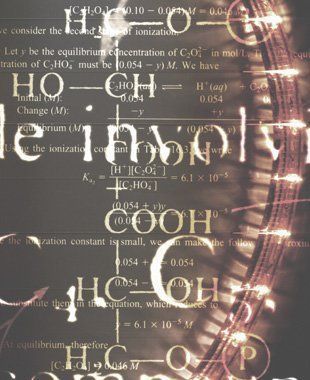
Protect what is rightfully yours
If you are in need of experienced legal counsel when it comes to trad secrets and unfair competition, turn to us for help!
Trade Secrets and Unfair Competition
The law of unfair competition is primarily comprised of torts that cause an economic injury to a business through a deceptive or wrongful business practice. Unfair competition can be broken down into two broad categories. First, the term "unfair competition" is sometimes used to refer only to those torts that are meant to confuse consumers as to the source of the product. The other category, "unfair trade practices", comprises all other forms of unfair competition. The Connecticut Unfair Trade Practices Act is a valuable tool for both consumers as well as manufacturers and merchants.
Two common examples of unfair competition are trademark infringement and misappropriation. The latter involves the unauthorized use of an intangible assets not protected by trademark or copyright laws. Other practices that fall into the area of unfair competition include: false advertising, "bait and switch" selling tactics, unauthorized substitution of one brand of goods for another, use of confidential information by former employee to solicit customers, theft of trade secrets, breach of a restrictive covenant, trade libel, and false representation of products or services.
Broadly speaking, any confidential business information which provides an enterprise a competitive edge may be considered a trade secret. Trade secrets encompass manufacturing or industrial secrets and commercial secrets. The unauthorized use of such information by persons other than the holder may be a basis to sue under the Lanham Act or a state unfair competition law such as CUTPA.
Well known trade secrets include the formula for Coca-Cola and Colonel Sanders recipe for fried chicken. Some examples of potential trade secrets are:
- a formula for a sports drink
- survey methods used by professional pollsters
- recipes
- a new invention for which a patent application has not yet been filed
- marketing strategies
- manufacturing techniques
- computer algorithms
Links to further information -

